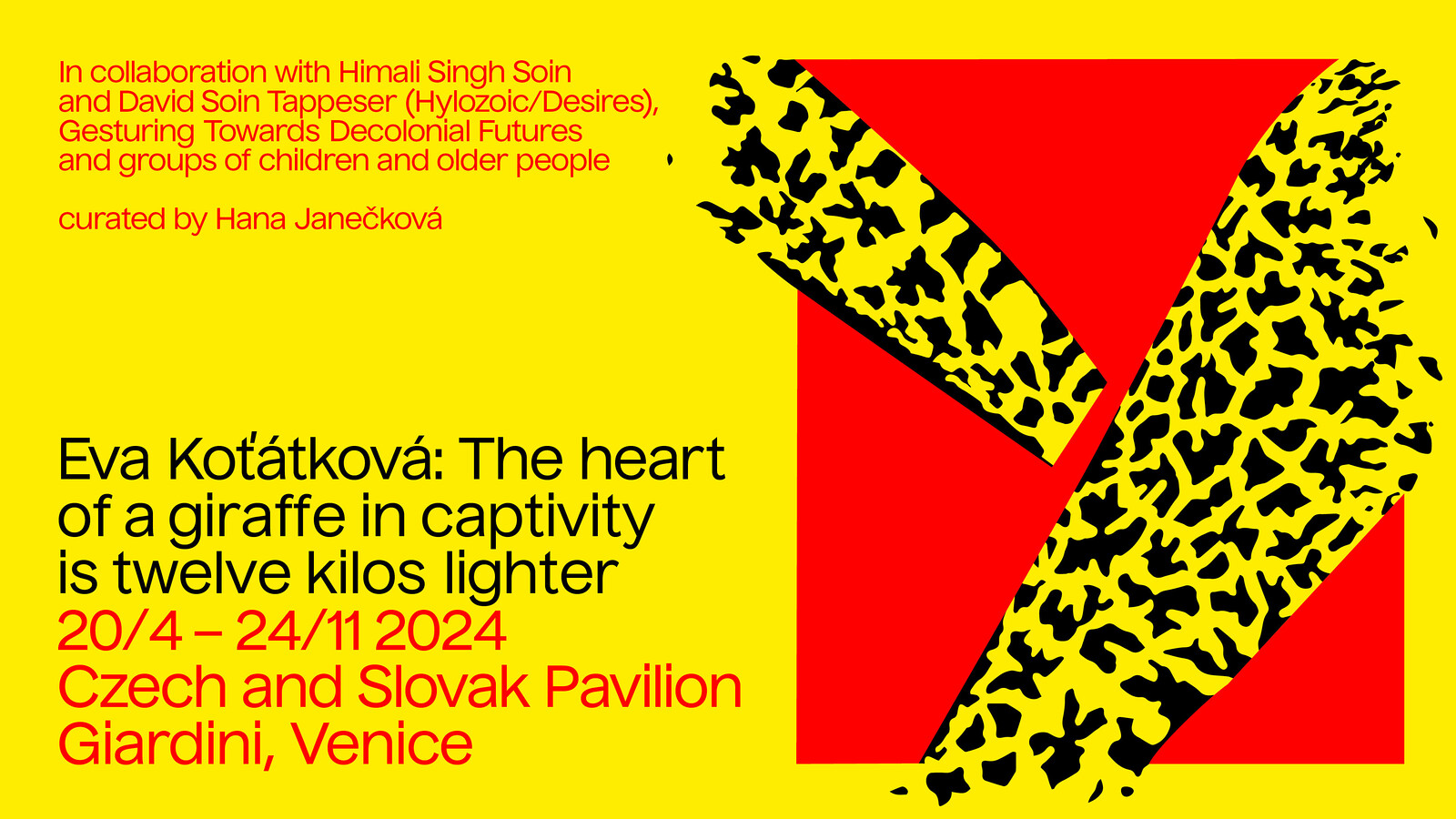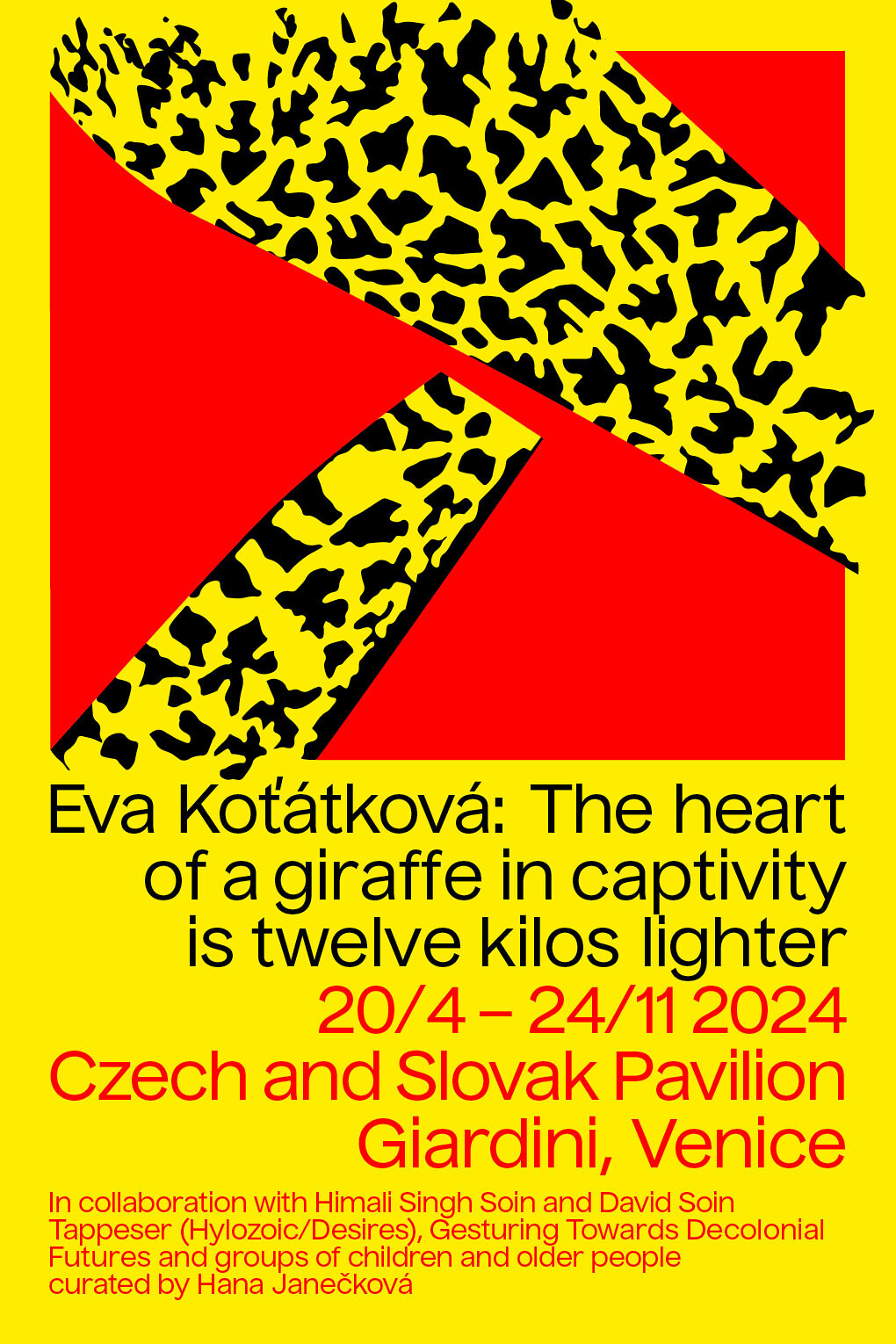The films of Adam Curtis—a BBC journalist by vocation, but a filmmaker and information archeologist in practice—appear as conspiracy theories wrapped in historical facts wrapped in social desires. These films remind us that dominant historical narratives are not only subject to rewriting but also sites of intense confusion, ideology, and intrigue. By fusing together narrative and reportage, Curtis’s films enter an ecstatic and playful sphere where themes of power, coercion, technology, morality, and freedom assume a life of their own. This issue of e-flux journal features a rare in-depth interview with Curtis by Hans Ulrich Obrist, coinciding with the filmmaker’s first exhibition in his career, on view at e-flux in New York from February 11–April 14, 2012.
Also in the issue, Hito Steyerl concludes a three-part trilogy of texts with a close look at image spam as de facto portraiture. What do these images do to the humans they portray, and how do their floating signs form a negative image that effectively serves to repel their audience? Also, the second part of Gean Moreno’s series on the spread of nonhuman and inorganic agents in neoliberal capitalism looks at Steven Shaviro’s “accelerationist aesthetics” as an opening into forms of nonspace and a generic sublime encouraged by network topologies and global finance.
Finally, in the February 2012 issue of e-flux journal we are pleased to embark on a new project that will continue in the next two issues: the publication of the proceedings of the conference “One Divides Into Two: Dialectics, Negativity and Clinamen,” held at the Berlin Institute for Cultural Inquiry from March 28–30, 2011, and organized by Aaron Schuster, Gal Kirn, Pascale Gillot, and Ben Dawson.
The conference deals broadly with the problem of division, and more specifically with how it relates to three domains: sexuality and sexual difference, antagonism in politics, and negativity in ontology. Its central wager is that not only is it productive to bring these diverse fields into dialogue but there also exists a fundamental challenge in thinking of a “two” that cannot be contained by a greater “one”; it stands for a kind of rupture of unity itself—whether conceived as an elusive element that sticks out of the totality; an imbalance, or asymmetry, that sets things into motion; or an unpredictable swerve or collision.
Different ways of thinking division, rupture, lack, and void are what is at stake in these various presentations, with two main theoretical references. While Hegel has come to be known as the monster of totality, absorbing everything within his monolithic System, in the dialectical movement it is precisely the unpredictable and productive misfire, the failure to realize what was intended, that fuels Spirit’s restless progression. Freud too is sometimes made into a guru of psychosexual development and normative “Oedipalization”; perhaps like no other thinker, however, he elevated the glitch, the slip, and the awkward gap into the central figure for grasping the mind’s polymorphous activity.
The conference presenters—Mladen Dolar, Alenka Zupančič, and Slavoj Žižek—are prominent members of what is sometimes referred to as the Slovenian School, whose work is well known for its combination of Lacanian psychoanalysis with the problem of subjectivity in German Idealism and Marxist political theory. Each participant presented two papers, allowing for an opportunity to re-articulate and re-envision several of the crucial elements of the ambitious project. Zupančič’s “Sexuality and Ontology” and Žižek’s “Hegel versus Heidegger” appear here; the remaining contributions will be subsequently published.


